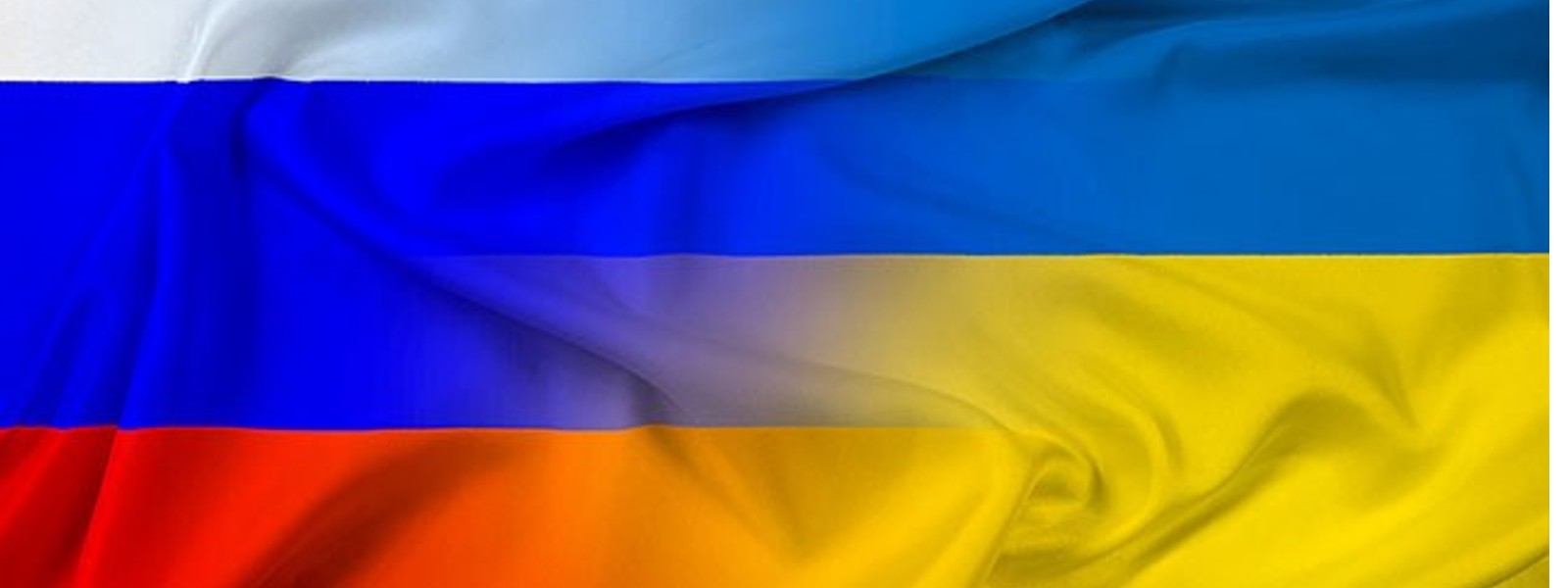.webp)

Moscow and Kyiv's foxtrot with diplomacy
Are diplomatic peace talks in the pipeline for Kyiv and Moscow? while most democrats of the Biden administration are rallying for peace talks, Ukrainian nationalists are opposed to a diplomatic alternative on the grounds that negotiations will inevitably mean compromise with Putin over territory. The pressing question here is not if peace talks are imminent, but what the outcome of peace talks would be. Would they be explored with the objective of diffusing tensions or will negotiations become a tool used by Moscow and Kyiv to further the interests of each party and so the conundrum lies in if negotiations will be an effective tool of conflict resolution.
Given the status quo of the war, it is a bleak possibility that both governments will venture into peace talks; both Ukraine and Russia are steadily progressing in the battlefield and therefore the need for negotiations/compromise has not yet arisen. In peace talks, the general and historical trend has resulted in 2 possible outcomes; either one party compromises more than the other, or the bargaining procedure prolongs for years until it has been exhausted. To cure this, agreements venture into the ZOPA (Zone of possible agreement), which allows demands to overlap wherever possible. It bridges the gap between the absolute maximum that one side can offer and the minimum one side can accept. The demands and deal packages shift as the situation takes its course. If one party's battlefield prospects begin to look desolate, then deals and compromises begin to widen because an agreement would then become a more enticing alternative for the party that is regressing.
As of now, there is no ZOPA between Russia and the Ukraine, both parties have indicated their determination and intent to hold on to key territories such as Luhansk, Donetsk, Zaporizhzhia and the Crimea. In order to draw up a paradigm for negotiations, the ZOPA must be discerned. In the case of Russia and Ukraine, the non-negotiables of both sides have not been clearly defined. It is crystal clear that the obvious driver of the conflict is territorial possession but the other caveats such as prisoner-of-war exchanges, sanctions and alliances have not been tabled.
The western hemisphere fears the escalation of war and the lack of willingness to meet at the negotiating table. Both parties here, that is Ukraine and Russia, will continue their fight to weaken each other's resolve for continued conflict. None of the terms put forward by Moscow or Kyiv overlap, diminishing a possible ZOPA. Can we expect years more of a to and fro engagement between the neighbours?
Other Articles
Featured News





.png )


-797273_550x300.jpg)






















.gif)